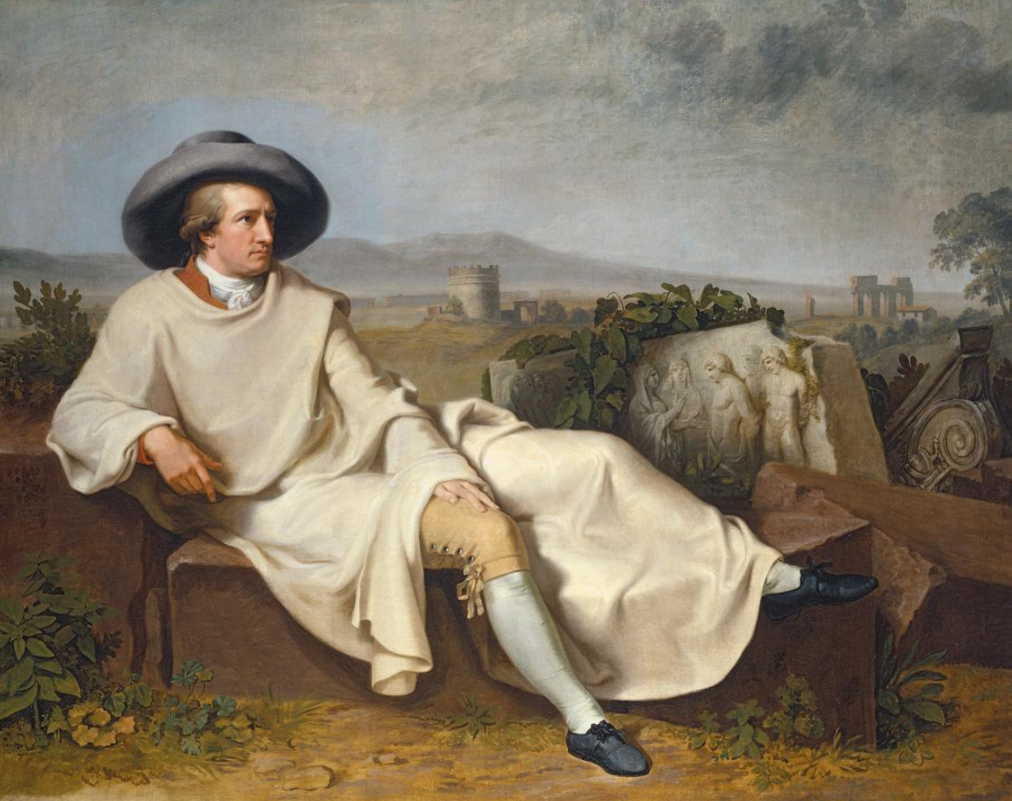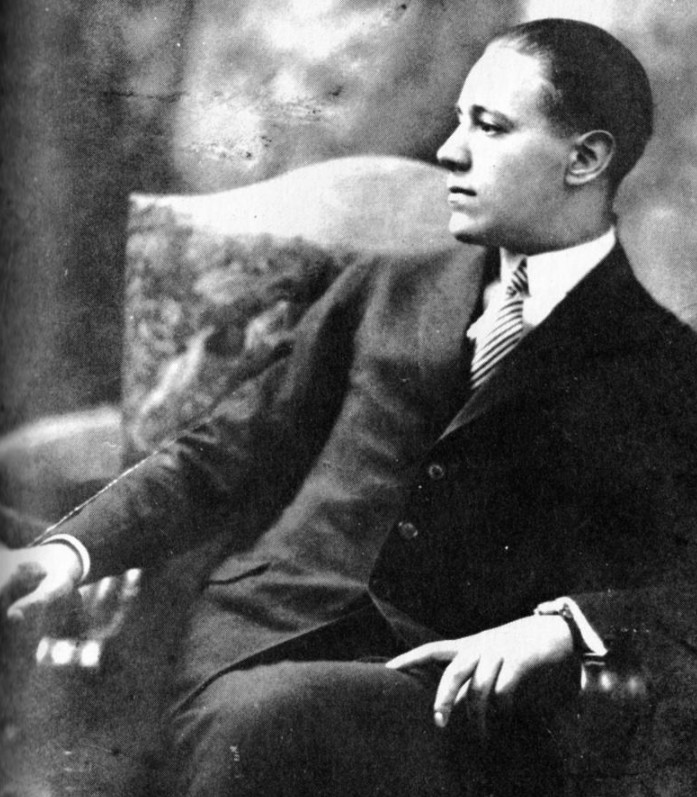
| Version | Summary | Created by | Modification | Content Size | Created at | Operation |
|---|---|---|---|---|---|---|
| 1 | Vivi Li | -- | 700 | 2022-11-22 01:43:30 |
Video Upload Options
In the fields of philosophy and æsthetics, the derogatory term philistinism describes “the manners, habits, and character, or mode of thinking of a philistine”, manifested as an anti-intellectual social attitude that undervalues and despises art and beauty, intellect and spirituality. A philistine person is a man or woman of smugly narrow mind and of conventional morality whose materialistic views and tastes indicate a lack of and an indifference to cultural and æsthetic values. Since the 19th century, the contemporary denotation of philistinism, as the behaviour of "ignorant, ill-behaved persons lacking in culture or artistic appreciation, and only concerned with materialistic values" derives from Matthew Arnold's adaptation to English of the German word Philister, as applied by university students in their antagonistic relations with the townspeople of Jena, Germany, where, in 1689, a row resulted in several deaths. In the aftermath, the university cleric addressed the town-vs-gown matter with an admonishing sermon "The Philistines Be Upon Thee", drawn from the Book of Judges (Chapt. 16, 'Samson vs the Philistines'), of the Tanakh and of the Christian Old Testament. In Word Research and Word History, the philologist Friedrich Kluge said that the word philistine originally had a positive meaning that identified a tall and strong man, such as Goliath; later the meaning changed to identify the "guards of the city".
1. History
In German usage, university students applied the term Philister (Philistine) to describe a person who was not trained at university; in the German social context, the term identified the man (Philister) and the woman (Philisterin) who was not of the university social set.[1]
In English usage, as a descriptor of anti-intellectualism, the term philistine—a person deficient in the culture of the liberal arts—was common British usage by the decade of 1820, which described the bourgeois, merchant middle class of the Victorian Era (1837–1901), whose wealth rendered them indifferent to culture. In Culture and Anarchy: An Essay in Political and Social Criticism (1869), Matthew Arnold said:
2. Usages


thumb|right|200px|Vladimir Nabokov described the natures of philistinism and of the philistine.
The denotations and connotations of the terms philistinism and philistine have evolved to consistently describe the uncouth person who is hostile to art, culture, and the life of the mind, who, in their stead, prefers the life of economic materialism and conspicuous consumption as paramount human activities.
- 17th century
Whilst involved in a lawsuit, the writer and poet Jonathan Swift (1667–1745), in the slang of his time, described a gruff bailiff as a philistine, someone who is considered a merciless enemy.[1]
- 18th century
The polymath Johann Wolfgang von Goethe (1749–1832) described the philistine personality, by asking:
Goethe further described such men and women, by noting that:
In the comedy of manners play, The Rivals (1775), Richard Brinsley Sheridan (1751–1816) identifies a violent aristocrat as 'that bloodthirsty Philistine, Sir Lucius O'Trigger'.
- 19th century
The philosopher Friedrich Nietzsche (1844–1900) identified the philistine as a person who, for a lack of true unity, could only define style in the negative.
- 20th century
- In the novel Der Ewige Spießer (The Eternal Philistine, 1930), the Austro–Hungarian writer Ödön von Horváth (1901–38) derided the cultural coarseness of the philistine man and his limited view of the world. The eponymous philistine is a failed businessman, a salesman of used cars, who aspires to the high-life of wealth; to realise that aspiration, he seeks to meet a rich woman who will support him, and so embarks upon a rail journey from Munich to Barcelona to seek her at the World's Fair.
- In the Lectures on Russian Literature (1981), in the essay 'Philistines and Philistinism' the writer Vladimir Nabokov (1899–1977) describes the philistine man and woman as:
- In the Lectures on Literature (1982), in speaking of the novel Madame Bovary (1856), about the bourgeois wife of a country doctor, Nabokov said that philistinism is manifest in the prudish attitude demonstrated by the man or the woman who accuses a work of art of being obscene.[2]
References
- Webster's New Twentieth Century Dictionary of the English Language – Unabridged (1951) p. 1260
- Nabokov, Lectures on Literature, lecture on Madame Bovary




